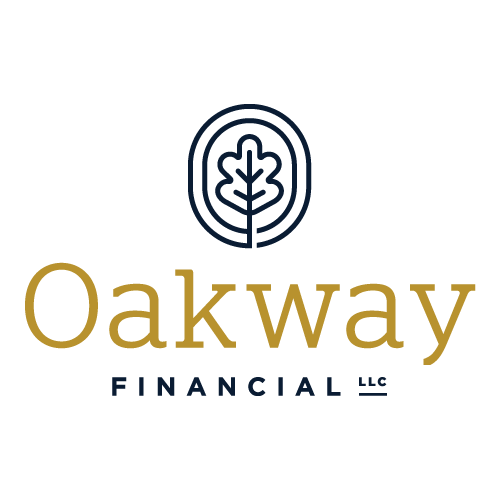Small Business Retirement Plan Options: What You Need to Know
As a small business owner, you often wear many hats—CEO, marketer, HR, and everything in between. But one of the most impactful roles you play is as a provider for your employees' financial future. Offering a retirement plan not only helps attract and retain top talent but also offers tax advantages and secures your own retirement. Let’s explore the most popular options available for small businesses.
1. SEP IRA (Simplified Employee Pension)
Best for: Self-employed individuals or small businesses with a few employees.
How it works: Employers contribute directly to employees' IRA accounts, and contributions are tax-deductible.
Key Benefits:
Easy to set up and administer.
High contribution limits (up to 25% of compensation or $68,000 in 2025, whichever is less).
Flexible contributions—you’re not required to contribute every year.
Considerations: Only the employer contributes, so employees can’t add their own savings.
2. SIMPLE IRA (Savings Incentive Match Plan for Employees)
Best for: Small businesses with 100 or fewer employees.
How it works: Both employers and employees can contribute. Employers must either match employee contributions up to 3% of their salary or make a 2% non-elective contribution for all eligible employees.
Key Benefits:
Lower administrative costs than a 401(k).
Employee contributions reduce taxable income.
Contributions are tax-deductible for the employer.
Considerations: Lower contribution limits compared to a 401(k) ($16,500 for employees in 2025, with a $3,500 catch-up for those 50+).
3. 401(k) Plans
Best for: Businesses of any size looking for robust retirement benefits.
How it works: Employees contribute pre-tax or Roth (after-tax) dollars, and employers can offer matching contributions.
Key Benefits:
High contribution limits ($23,500 for employees and $70,000 for employees and their employers combined.)
Option to add a profit-sharing component.
Ability to customize plans to include features like vesting schedules and auto-enrollment.
Potential tax credits for starting a new plan.
Considerations: Higher administrative costs and compliance requirements compared to IRAs.
4. Solo 401(k)
Best for: Self-employed individuals or business owners with no employees (other than a spouse).
How it works: Allows contributions both as the employer and employee, maximizing savings potential.
Key Benefits:
Combined contribution limits can reach up to $68,000 in 2025 (plus a $7,500 catch-up if 50+).
Roth and pre-tax contribution options.
Loans may be available from the account.
Considerations: Not suitable for businesses with employees (other than a spouse).
Why Offering a Retirement Plan Matters
Attract Top Talent: Today’s workforce values benefits as much as salary.
Tax Advantages: Contributions are tax-deductible for the business, and startup tax credits can offset initial costs.
Secure Your Own Future: As a business owner, these plans offer a disciplined way to build your personal retirement savings.
Next Steps
Choosing the right plan depends on your business size, goals, and budget. Whether you’re a solo entrepreneur or managing a growing team, there’s a retirement solution tailored for you. As a financial advisor, I specialize in helping small businesses set up and manage retirement plans that work for their unique needs.
Reach out today to discuss which plan is the best fit for your business. Your future self (and your employees) will thank you!
Retirement plan information can be found in full detail on irs.gov.
Disclosures: All investments and strategies have the potential for profit or loss. Different types of investments involve higher and lower levels of risk. There is no guarantee that a specific investment or strategy will be suitable or profitable for an investor's portfolio. There are no assurances that a portfolio will match or exceed any particular benchmark. Illustrated returns do not represent the performance of Aegis Wealth Management, Inc., or any of its advisory clients. Advisory services are offered through Aegis Wealth Management, Inc.. The firm is registered as an investment advisor with the SEC and only conducts business in states where it is properly registered or is excluded from registration requirements. Registration is not an endorsement of the firm by securities regulators and does not mean the advisor has achieved a specific level of skill or ability. Content should not be regarded as a complete analysis of the subjects discussed and should not be viewed as an offer to buy or sell the securities discussed. It should not be viewed as personalized investment advice. You should consult with a professional advisor before implementing any strategies discussed. Historical performance returns for investment indexes and/or categories, usually do not deduct transaction and/or custodial charges or an advisory fee, which would decrease historical performance results. Illustrated returns do not represent the performance of Aegis Wealth Management, Inc., or any of its advisory clients. Tax information provided is general in nature and should not be construed as legal or tax advice. Always consult an attorney or tax professional regarding your specific legal or tax situation. Tax rules are subject to change at any time.

